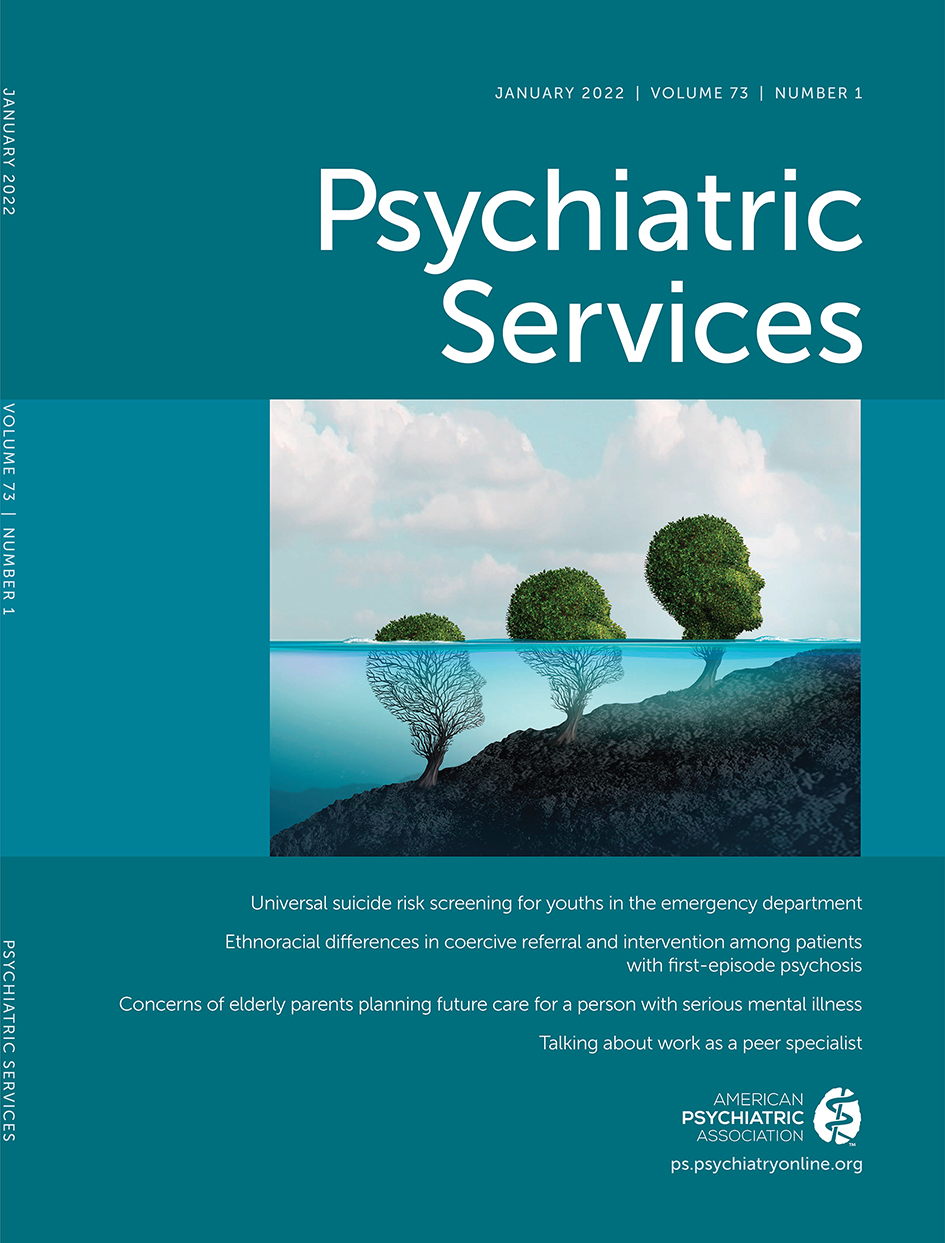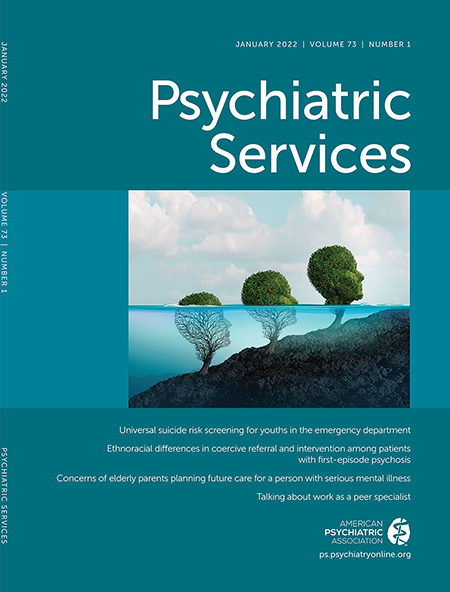When meeting new people, and even spending time with old friends, I have always mentioned my job title is mental health counselor, as opposed to peer specialist. In a way, peer specialists do some counseling, but it is much different from the work of mental health counselors, especially given that it is done from the vantage point of lived experience and not necessarily formal education. I have had a number of worries with divulging my job title.
People just do not know how to react to hearing the words “peer counselor” because there is so much stigma about mental illness—stigma that has existed culturally, conversationally, in the newspapers, on TV, in the movies, and in award winning books. There has been a comprehensive cultural barrage of negative messages associated with mental illness, and, although some authors and TV shows are now addressing this problem, more needs to be done to offset this widespread stigma.
Over the years, I have had several conversations with people who do not understand mental illness at all, and this accumulation of conversations has created a barrier within my own mind, creating doubt that there is the possibility of having space within everyday conversations to talk about some of my experiences. I have mostly noticed messages of otherness, fear, and inferiority when people talk about mental illness. One of my fears has been not knowing how people will react to me or how they will treat me if I mention my diagnosis. Some friends who have known me for years know my diagnosis, and it is generally something we do not talk about. Whenever anything related to mental health comes up in conversation, people just quickly change the topic.
Lately, with dating, I have been working on how to get around my job title, at least until my date and I get to know each other. On my dating profile, I mention that I am a mental health counselor, which I have been hoping does not lead to too many questions. Women have asked me by e-mail whether I am a licensed mental health counselor, and, for the sake of not wanting to lie, I have mentioned that I am a peer counselor. In several instances, this information immediately ended the e-mail conversations, which had been going well. This experience has at times been exhausting and demoralizing—knowing that someone really liked me for who I am but that this impression changed immediately as soon as they learned I had some sort of mental health struggle.
Lately, I have been working with my doctor on how to use language to circumnavigate having to say that I am a peer counselor. He has mentioned trying to be equivocal and allowing people to make assumptions. One idea would be to mention that I have a bachelor’s degree and specialty training. I do have a bachelor’s degree, but it is not in psychology, and I have completed a lot of specialty training. I tend to think that, even if I use equivocal language, I would want to do so only to give women a chance to know me so they would not discriminate. Part of me wonders whether this is the best approach or whether I should be more patient and wait for someone who is more open minded. I have a friend who is a peer specialist, who mentioned that he was always fairly upfront about his diagnosis, and eventually he found someone whom he married. His diagnosis is not something he would mention on the first date, but he would mention it a few dates in. Thinking more about strategies, I tend to wonder what will work with dating.
I have realized that I may have fewer dating opportunities or fewer potential partners than others just because there is so much discrimination. However, I do not necessarily view this as a bad thing, because I do not want to be with someone who is not open minded. In a way, this circumstance weeds out some candidates from the start and makes things easier. Another interesting facet to this situation is that I have realized that I need to be more open to more women and more types of relationships, whereas I used to have different checklists in terms of what I was looking for. These dating experiences have helped me realize that there are several main qualities I want to look for in a partner and there are other qualities that I will need to accept, and maybe my partner will feel the same way about me.
One of the other difficulties of wanting to talk about work is that my job is a great source of pride for me, and I really enjoy it and put a lot of effort into it. So living in a dichotomous situation of being really passionate about my work while being afraid to talk about it has been problematic. I have found that it makes sense to not always divulge too much personal information and that topics that are normal to talk about in the mental health world are many times not as commonly talked about in other circles. Peoples’ comfort level with the nuances of mental health experiences can vary, and details that I find interesting have struck other people as very dark and depressing, so acknowledging differences of opinion has been important to keep in mind.
As I have come to judge myself less around my mental health experiences, I have tended to care less about what others think about what I have been through. The difficulty in conversations about my work is that once mental health is mentioned, people immediately try to make jokes. I used to struggle with standing up for myself, and I felt anxious saying anything during these conversations. The difficulty has been that I have such a wealth of knowledge around mental health, but I become afraid of sharing what I know because I am unsure whether it will come across as my own experience or if I can mask it as other people’s experiences being analyzed through a provider’s lens. Often, the information being talked about qualifies as both. I have felt like a double agent where, on one hand, I want to maintain the facade of not having mental illness so that I am not discriminated against, while on the other hand I want to debunk stigma associated with mental health. The irony is that when people are saying negative things about mental health struggles, they do not realize they are directly insulting me. The issue for me is that laughing along courteously directly contributes to the way I feel about myself,which causes self-stigma. It also sends the message that these comments are okay for people to say when deep down they are causing problems for me and everyone else I know who has had mental illness. I also realize that increased stigma makes it harder for me to have space in the world, harder to be open about my mental health experiences with family and friends, and harder to escape living in the closet with them, constantly guarding information around my mental health for fear of being judged and not treated as an equal.
Another problem has been worrying about how to talk about being a mental health counselor when I do not have a graduate degree in mental health counseling. I cannot lie about where I went to school or say that I have gone to graduate school when I have not, but as a peer counselor, I am doing the same level of work that graduate-level clinicians are doing. This situation leads to awkward questions when I talk about providing outpatient and vocational services, being a program coordinator, and teaching throughout the hospital. The natural question people generally ask is, “Where did you go to grad school?” It is common knowledge that aspiring clinicians usually go to graduate school, so when I mention that I did not, people immediately question the veracity of my work. Someone at a cookout once assumed I was a community residence counselor or a mental health specialist, which are both good jobs but not the same as the work I do. This person immediately assumed that I must not be doing the work I am doing, given that I do not have a graduate degree, and in this situation, it shut down the conversation. I did not want to talk anymore about my true job title for fear I would divulge my diagnosis. I found my way out of the conversation, but I worry going forward about how I will address questions like these when they come up.
I tend to think that it would be nice if the peer specialist job title were less specific, which would at least give me some anonymity. I think back to times when I was dating and working in business and my mental health did not come up for months because my job title did not out me. However, while at work, I think my job title helps to break down barriers and open up conversations, and I wouldn’t want to lose these advantages. It is amazing how powerful sharing lived experience with others at work can be and how much hope and inspiration I see my lived experience providing people. Labels can be powerful, and it is interesting how the meaning of a label to one person can be so much different to another, whereas I am still the same person either way.

